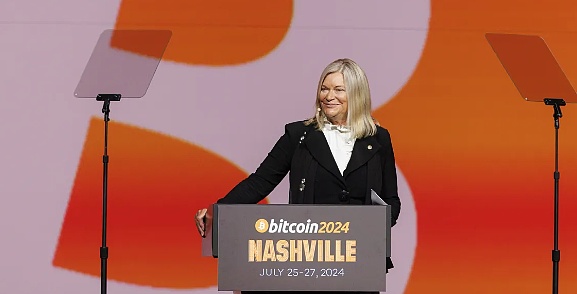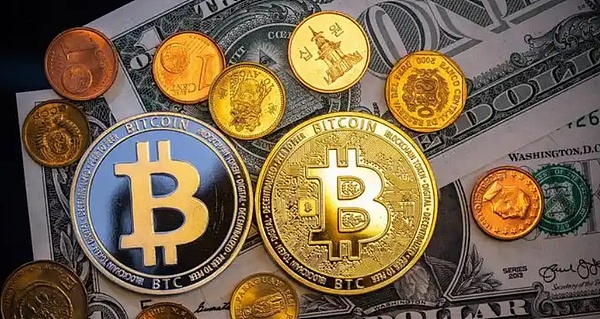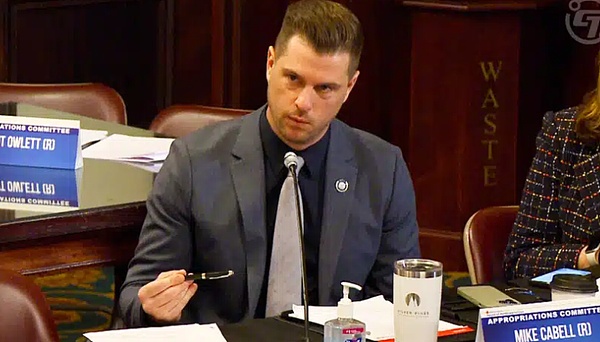Author: Salon Jun; Source: Internet Analysis Salon
Some time ago, U.S. Senator Cynthia Lummis proposed a bill on Bitcoin called the "Bitcoin Act of 2024", which caused a stir.

The core of the bill is to sell part of the U.S. gold reserves to buy 1 million Bitcoins.
If calculated at current prices, this will cost about 90 billion U.S. dollars.
Sell gold to buy Bitcoin
Loomis believes that Bitcoin is a better asset for the United States than gold because it is decentralized and has a limited supply.
She said: "We already have a variety of financial assets based on gold that can be converted into Bitcoin."
It is understood that the "Bitcoin Act of 2024" also allows U.S. states to store Bitcoin separately.

The proposal has received more attention due to President Donald Trump's support for cryptocurrencies. Trump has shown interest in establishing a Bitcoin reserve, and his ideas may help promote the progress of the bill.
If the plan is approved, it is likely to make Bitcoin more widely accepted as a financial asset and trigger other countries to follow suit.
Will another US state also reserve Bitcoin?
Just as the Bitcoin Act of 2024 was proposed, a Pennsylvania lawmaker also proposed a Bitcoin reserve bill.
Republican Congressman Mike Cabell reportedly proposed a new bill called the Pennsylvania Bitcoin Strategic Reserve Act.

The bill would allow Pennsylvania to allocate 10% of the state general fund, emergency fund and state investment fund to Bitcoin.
A trend worth noting is that Pennsylvania has previously passed the Bitcoin Bill of Rights, which ensures residents' right to autonomous custody of digital assets.
As discussions in other states continue, Pennsylvania may soon take the lead in incorporating digital assets into the state's economic strategy.
If the bill is passed, Pennsylvania will set an important precedent by becoming the first state in the United States to directly hold Bitcoin, providing a unique way to fight inflation and diversify investments.
The delusion behind the strategic reserve of Bitcoin?
While the Bitcoin Act of 2024 has attracted widespread attention from the outside world, it has also caused great controversy, because in addition to the goal of reserving 1 million Bitcoins in 5 years, there is also a mechanism for paying reserves listed.
In brief, there are mainly two points:
1. Any surplus returned by the Federal Reserve to the Treasury will be used to buy Bitcoin.
2. The bill also proposes that the Federal Reserve Bank mark all gold certificates to the current gold market price, and then remit the difference to the Treasury to buy Bitcoin.
The bill believes that one million Bitcoins will diversify U.S. assets and improve financial and monetary resilience.
In this regard, criticisms from Wall Street believe that:
On the one hand, Bitcoin cannot serve as the currency of the United States. The strategic reserve referred to in the bill is, to a certain extent, just a sovereign wealth fund, and the Treasury has the right to repay the sovereign debt of the United States.
2. Bitcoin reserves only serve one strategy. The Treasury Department with a million Bitcoins will be trapped in its own portfolio.
The U.S. Congress will never be able to exercise monetary sovereignty by restricting Bitcoin mining or trading, because the price of the Treasury's own assets will immediately collapse. Strategic Bitcoin reserves are not a resilience strategy for the United States, it is only a resilience strategy for cryptocurrency holders.
In the final analysis, opponents believe that Bitcoin is not a currency and monetary sovereignty cannot be in the hands of the United States.
 Weiliang
Weiliang





